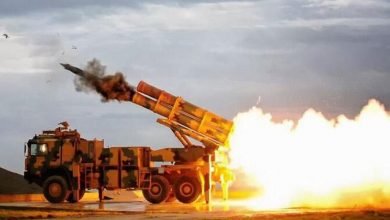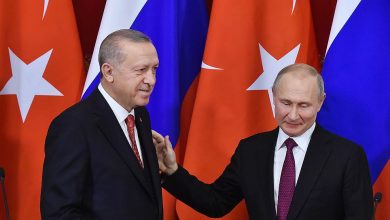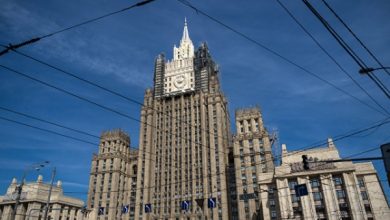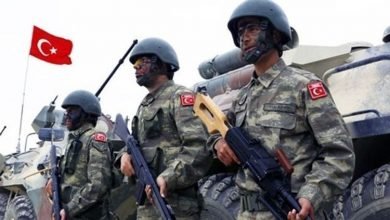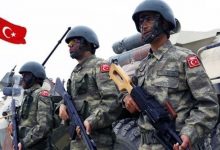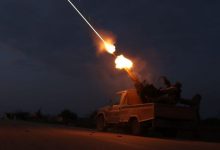
Ankara launched “Operation Spring Shield” last week after Syrian Army attacks on terrorist positions killed up to 33 Turkish servicemen in Idlib. Turkey claimed its troops had been attacked in a military outpost, but, according to Moscow, the soldiers were among al-Nusra militants planning an offensive against the Syrian Army.
Russian President Vladimir Putin will be holding a meeting with Turkish President Recep Tayyip Erdogan in Moscow on Thursday to address the escalating situation in Syria.
According to Kremlin spokesman Dmitry Peskov, the two heads of state are supposed to discuss possible joint measures amid the ongoing crisis in Idlib, where Ankara had previously launched an offensive.
Addressing a request by the Turkish president to “step aside”, leaving Damascus alone against Turkey, he stressed that Russia is the only country that has troops in Syria on a legal basis, adding that the strikes by the Syrian military in Idlib in recent days have been aimed at fighting terrorists.
Russia earlier confirmed its commitment to the 2018 Sochi memorandum, stressing that Turkey had failed to fulfil its obligations. According to the agreement, Ankara was permitted to create military observation posts in Idlib, however, Turkey was also obliged to separate jihadists from other opposition factions in the region and disarm them.
Turkey, for its part, claims to have fulfilled all of its obligations under the Sochi agreements and instead accused Damascus of violating them by crossing the de-militarisation zones, despite the Syrian Army doing so to repel attacks by terrorists in Idlib.
The Syrian Army began an offensive in the Idlib de-escalation zone in late 2019 following repeated terrorist attacks on government forces, but after a strike killed Turkish servicemen in the region, Ankara hit the Syrian military, claiming it had “neutralised” up to 300 soldiers and several dozen military vehicles.
During the talks, which took place in 2018 in Sochi, Russia, Turkey, Syria, and Iran agreed to create several zones of de-escalation, three of them controlled by the Syrian Army and one, located in Idlib Province and parts of neighbouring Hama, Latakia, and Aleppo provinces, controlled by numerous militant groups, most of them part of Hayat Tahrir al-Sham*.


